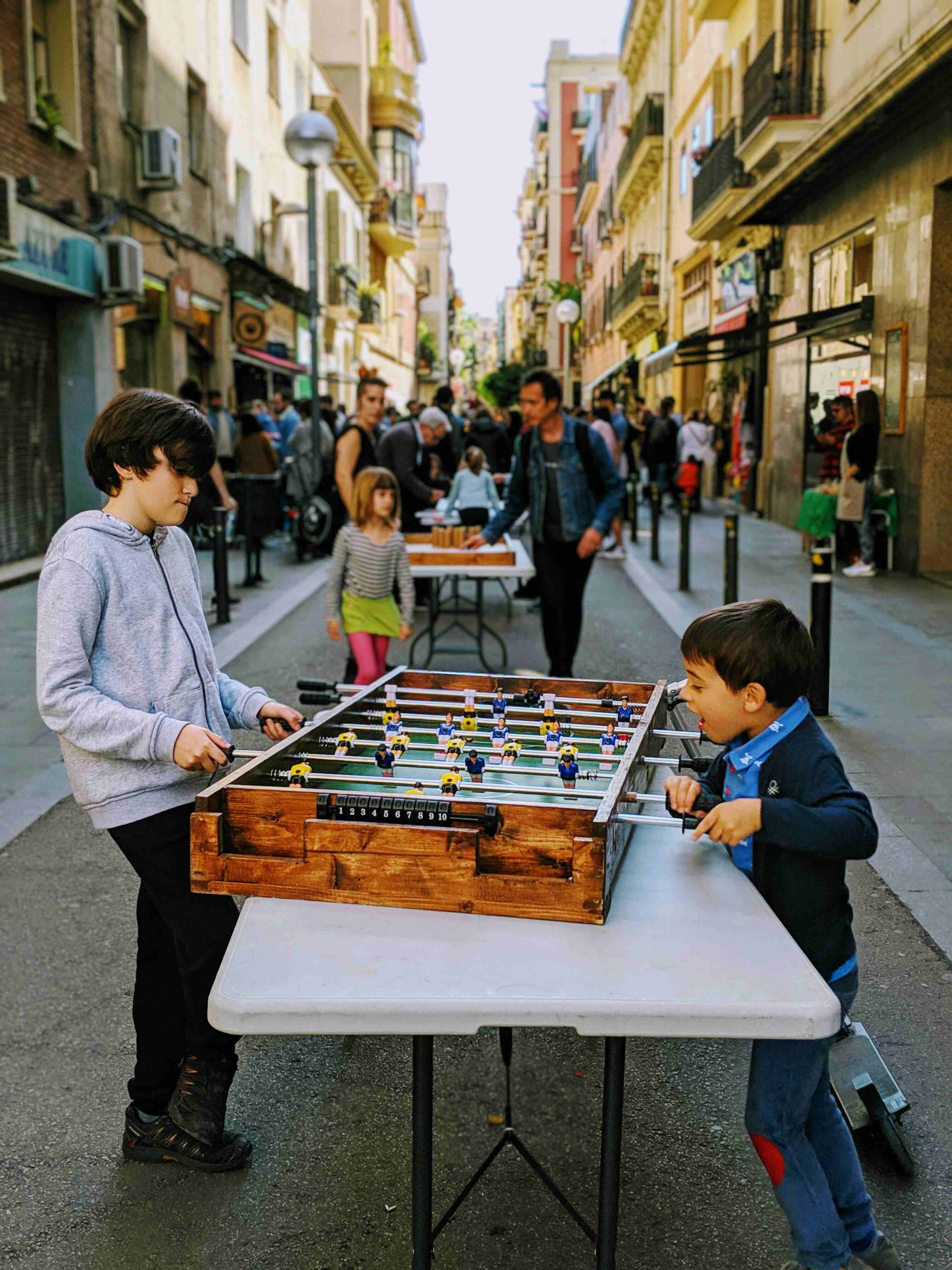
International Day of Play 2026

International Day of Play 2026
The International Day of Play is observed each year on June 11. Proclaimed by the United Nations General Assembly in 2024, this day recognizes the essential role of play in human development. It aims to raise awareness, promote policy change, and support efforts to make play accessible for all—especially children—regardless of background or circumstance.
The Significance of Play
Play is more than recreation. It is a powerful driver of growth, inclusion, and well-being across all stages of life. For children, play builds core physical, cognitive, social, and emotional skills. It allows them to build friendships, manage emotions, solve problems, and make sense of the world around them.
Key benefits of play include:
-
Learning and Development: Play supports intellectual, emotional, and physical growth, encouraging creativity, resilience, and leadership.
-
Health and Well-being: Active play helps reduce stress, supports fitness, and contributes to positive mental health for children and caregivers alike.
-
Social Inclusion: Play promotes tolerance, empathy, and communication—qualities essential to building peaceful and connected societies.
-
Support in Crisis: During humanitarian emergencies, play provides comfort and helps children process trauma in a safe and constructive way.
History of the International Day of Play
In March 2024, the United Nations General Assembly adopted resolution A/RES/78/268, officially declaring June 11 as the International Day of Play. The resolution recognizes play as vital to physical and psychosocial development, and it reaffirms Article 31 of the Convention on the Rights of the Child, which declares play a fundamental right.
The resolution calls on governments, civil society, and institutions to observe the day through educational and awareness-raising activities, and encourages the United Nations Children’s Fund (UNICEF) and the United Nations Educational, Scientific and Cultural Organization (UNESCO) to support its implementation.
International Day of Play and the Sustainable Development Goals (SDGs)
Play contributes to progress across a wide range of Sustainable Development Goals. By supporting children’s health, learning, inclusion, and resilience, play plays a meaningful part in building a sustainable future.
Key SDG connections include:
-
Goal 3: Good Health and Well-being – Play supports physical and mental health, and is linked to reduced stress and improved emotional balance.
-
Goal 4: Quality Education – Play-based learning encourages engagement, creativity, and deeper understanding across age groups.
-
Goal 5: Gender Equality – Inclusive play environments challenge stereotypes and support equal participation of all children.
-
Goal 10: Reduced Inequalities – Access to play creates more equal opportunities for children of all backgrounds.
-
Goal 16: Peace, Justice, and Strong Institutions – Play supports social skills that help reduce conflict and promote inclusion.
-
Goal 17: Partnerships for the Goals – The International Day of Play fosters collaboration between governments, educators, and global organizations.
Observance of International Day of Play 2026
While the 2026 theme has not yet been announced, the day is expected to continue focusing on inclusion, child development, and public awareness. Previous themes have emphasized daily opportunities for play and the role of caregivers, educators, and institutions in protecting play as a right.
Anticipated observance activities include:
-
UN Headquarters Event: A high-level event will be held in New York, co-hosted by UNICEF and UNESCO, featuring member state representatives.
-
Public Campaigns: Educational content, stories, and resources shared through websites, social media, and local outreach.
-
Community-Based Events: Schools, community centers, and advocacy groups may organize playdays, workshops, and policy discussions.
-
Learning Materials: Publications such as “Learning Through Play” and the “Playbox” will continue to guide educators and parents in integrating play into daily routines.
How You Can Make a Difference
Play is everyone’s responsibility. Whether as a parent, teacher, policymaker, or community member, you can help make play a part of every child’s life:
-
Create Safe Play Spaces: Support inclusive and accessible areas where children can play freely and safely.
-
Support Policy Change: Advocate for the integration of play into education systems and community development strategies.
-
Model Playful Interaction: Caregivers and adults can engage children with curiosity, humor, and creativity to strengthen learning and emotional bonds.
-
Celebrate the Day: Organize or participate in a local play event, share stories, or highlight children’s right to play on social media.
As we mark the International Day of Play 2026, we recognize that play is not a luxury—it is a necessity. It helps children thrive, supports caregivers, strengthens societies, and lays the foundation for a more peaceful and inclusive world.
